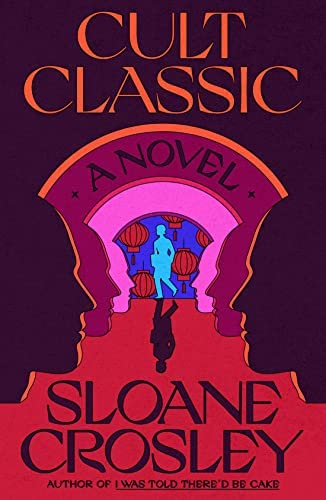Cult Classic
I can't find where I wrote this, but I described Crosley's writing persona (having read her other two books) as that of a friend you run into at a party who fits in perfectly and has the best bon mots and she knows it and needs to make sure you know it, too.
This is a book that traffics in a certain 2013 Gawker era of sharpness; lots of cute skewering of New York culture, lots of SNL-skit-fidelity caricatures of bad boyfriends and vapid friends. The narrator — Crosley by another name — is clever and mean. The framing device makes no sense, and is best understood as a hackneyed way to line up a series of erstwhile deuteragonists for Crosley to tee off on. (And sometimes, in fairness, the teeing off is fun.) x There are parts of this book that are very good; most of them are quick asides. The one 'big' one — the one that the best version of the book is all about — is the protagonist's relationship with the absent mentor figure, territory that The Friend handled more deftly and with more interest. Having thought of that book, I can't close this review with any other conclusion: that book feels flatly superior to this one.
